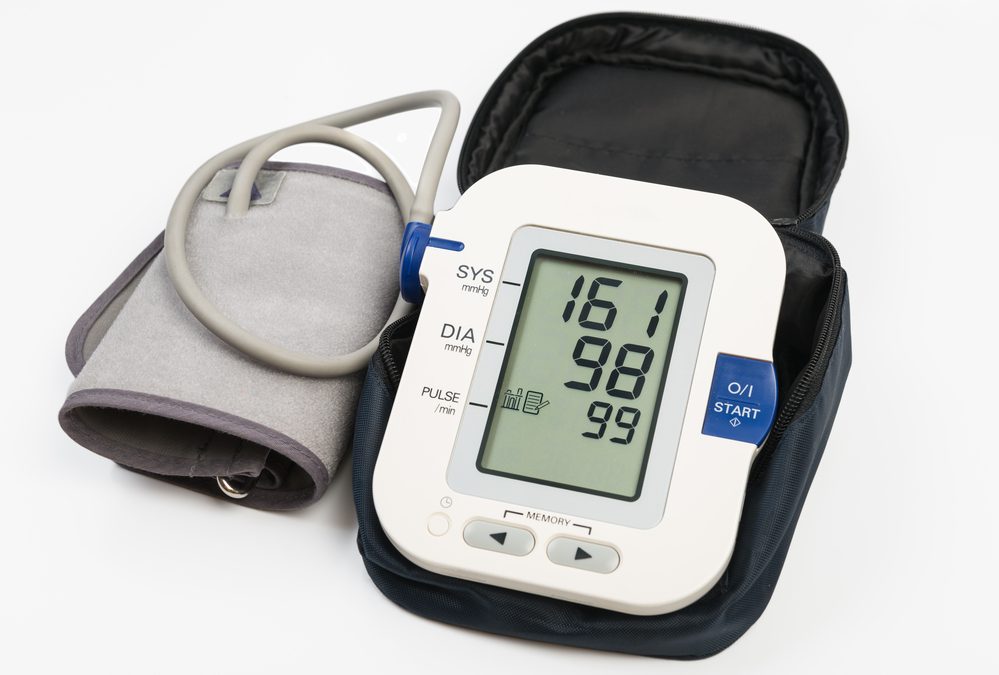CoQ10 or Coenzyme Q10, is an important compound that our body produces naturally, and which plays a role in many functions within the body.
Experts now believe people with hypertension (high blood pressure) may have low concentrations of CoQ10.
CoQ10 may support positive changes in blood pressure, as several studies have suggested.
A recent study published in Cardiovascular Pharmacology: Open Access, reports that CoQ10 may have “significant cardiovascular protective effects” that could help prevent CVD (cardiovascular disease), the world’s leading cause of death.
CoQ10 in supplement form, is purported to improve heart-related conditions like high blood pressure.
This occurs by neutralizing free radicals (molecules that damage cell membranes and even DNA), thereby increasing the production of energy in cells.
Free radicals are believed to contribute to diseases related to aging, such as heart disease.
CoQ10 is a potent antioxidant to fight free radicals and protect cells from oxidative damage. Using an antioxidant supplement, such as CoQ10, is thought to neutralize free radicals, reduce and prevent cellular damage, and lower the risk of certain diseases.
In addition, CoQ10 helps generate energy in your cells. CoQ10 is manufactured by the body and then stored in the cells’ mitochondria, the “energy powerhouses” in every cell.
While your body produces CoQ10 naturally, its production tends to decrease with age. Fortunately, you can also get CoQ10 through supplements or foods.
Many foods naturally contain CoQ10, such as:
- Meat: Beef, chicken, pork, and organ meats like liver and kidney
- Fish: Oily fish like salmon, trout, mackerel, and sardines
- Nuts and seeds: Pistachios, peanuts, and sesame seeds
- Vegetables: Spinach, broccoli, and cauliflower
- Fruits: Strawberries and oranges
- Legumes: Soybeans and lentils
-
Whole grains: Whole grains.
Image courtesy of PaulPaladin/Depositphotos.com

